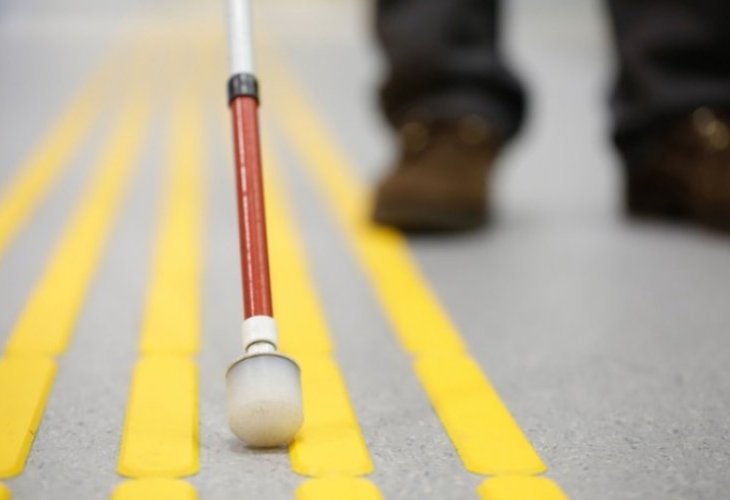Faith
Childhood Damages and Parental Responsibility in Jewish Law
Exploring Torah principles of ownership, responsibility, and why minors are exempt from financial liability
- Daniel Blass
- |Updated

It is well known that if a child causes damage or steals from someone, he is not obligated to pay it back. In the case of damage, it is also known that there is no obligation on the parents to return the stolen item or to cover the value of the damage caused by the child. Why is this so? Of course, one cannot sue the child, but every child has someone responsible for him — if not a parent then an adoptive parent, and if not an adoptive parent then a sibling, and so on. Thank you in advance!
* * *
Shalom, and thank you for your question.
The Torah recognizes a person’s responsibility for damages according to the degree of his ability to be accountable for his actions:
A person who sleeps in front of vessels and breaks them while sleeping is liable for the damage, even though he was unconscious at the time of breaking them. The reason is that he chose, while awake, to put the vessels at risk by sleeping there.
If a person sleeps in a place where there were no vessels, and another person later placed vessels there, and they were broken, the sleeping person is not liable. The reason is that he did not choose to damage those vessels while awake.
If someone owns an ox that is not considered dangerous, and it gores another ox and kills it, he must pay only half the damages, since he had no reason to expect such behavior.
If someone owns an ox that is already known as a gorer, and it gores another ox and kills it, he must pay full damages, because he was aware of its danger and should have guarded it carefully.
The common denominator in all these examples can be summed up in two components:
Ownership/Connection – A person is responsible for his body and his property, since they belong to him.
Capacity for Responsibility – Liability depends on the person’s ability to prevent the damage.
Regarding a child, both of these components are lacking:
Unlike an ox, a child is not considered the property of his father. He is not his father’s private possession (a father cannot sell his child as a servant or treat him as an object of ownership).
An ox has no intellect and acts on instinct, so its behavior can be predicted to some extent. A child however, while not yet fully mature and not obligated in mitzvot, does have a developing intellect. His actions cannot be reliably predicted in advance, nor can the father always prevent his child from causing damage. There are documented cases where parents were completely shocked by acts of cruelty their child showed toward a classmate or an animal, with no prior indication of such behavior. A child is not like an ox whose actions can be foreseen, and certainly cannot be confined to a cage.
For this reason, according to the strict law, a father is not obligated to pay for damages caused by his child. Nonetheless, some rabbis write that it is considered middat chassidut (an act of pious conduct) for a parent to pay, even if not strictly required by law.
It is important to emphasize that I am not a rabbi, and it is not proper for me to issue halachic rulings. I have only shared my personal understanding. In such questions, one should consult a rabbi who is an expert in monetary law.

